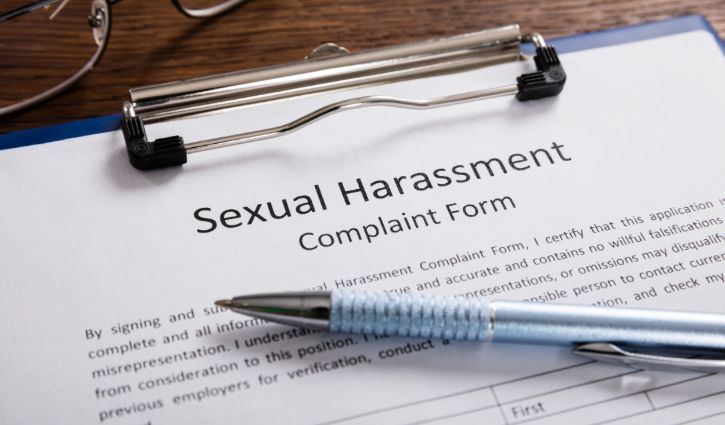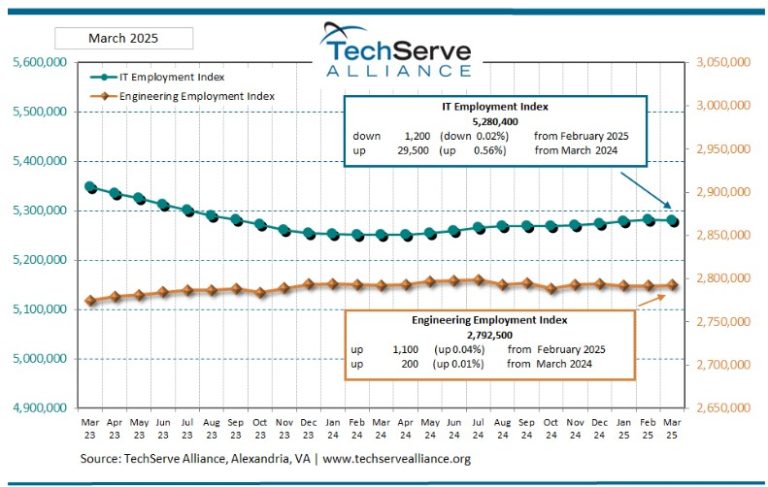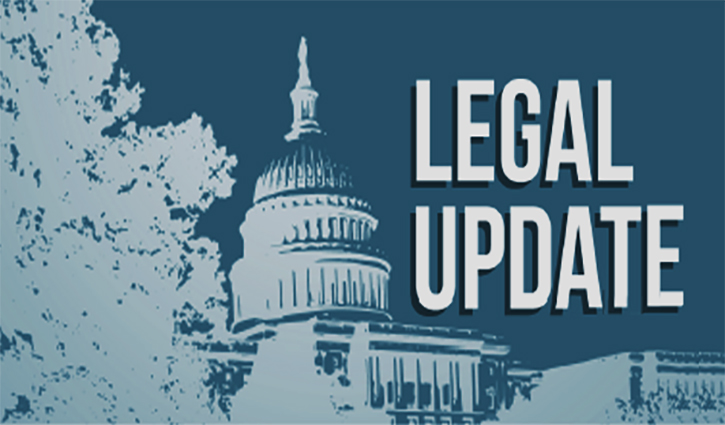Texas has enacted a new law that requires all employers in the state to take immediate and appropriate action to correct any workplace sexual harassment, effective Sept. 1, 2021. The new law amends the existing Commission on Human Rights Act (CHRA) to make sexual harassment of an employee an unlawful employment practice if any employer or its supervisors or agents:
- Knew or should have known about the sexual harassment; and
- Failed to take immediate and appropriate corrective action.
This duty also applies under current law, but only if an employer has 15 or more employees and only if an unpaid intern is the victim of the harassment.
Sexual Harassment Defined
The CHRA defines the term “sexual harassment” as an unwelcome sexual advance, a request for a sexual favor, or any other verbal or physical conduct of a sexual nature if:
- Submission to it is explicitly or implicitly made a term or condition of employment;
- Submission to or rejection of it is used as the basis for a decision affecting employment;
- It has the purpose or effect of unreasonably interfering with work performance; or
- It has the purpose or effect of creating an intimidating, hostile, or offensive working environment.
Enforcement
The CHRA is enforced by the Texas Workforce Commission’s Civil Rights Division. Employers that fail to comply with the law may be ordered to pay compensatory damages and punitive damages of up to $300,000.
Important Dates
- May 30, 2021 – The state enacted a new law that makes it an illegal for any employer (not just those with 15 or more employees) to allow workplace sexual harassment of any employee (not just unpaid interns).
- Sept. 1, 2021 – Effective date of new provisions that aim to protect all employees from workplace sexual harassment, regardless of employer size.
Employers may be held liable if they knew or should have known about sexual harassment and failed to take immediate action.












